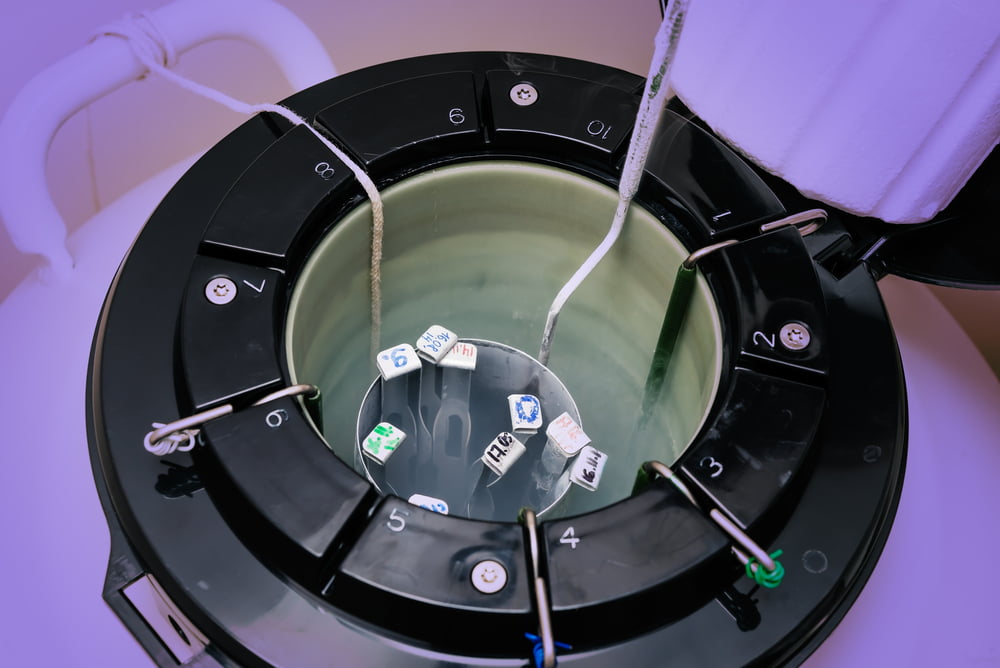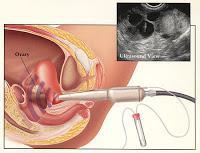Oocyte cryopreservation in Türkiye
Oocyte cryopreservation is a method to preserve a woman’s ability to conceive in the future, as the Oocytes taken from the ovaries are preserved by freezing them and using them later by thawing the Oocyte cryopreservation and combining it with sperm and implanting it in the uterus .

Why Oocyte cryopreservation?
Oocyte cryopreservation is an option if you do not want to get pregnant now, but there is a desire to make sure that pregnancy can occur later. This procedure does not require sperm as in the embryo cryopreservation procedure because the procedure only involves Oocyte cryopreservation, but the applicant must take fertility drugs to induce the ovaries to produce multiple Oocytes for extraction.
Use this option if:
- Having a condition that can affect fertility. This may include sickle cell anemia, and autoimmune diseases such as lupus.
- The need for treatment for cancer or another disease that could affect the ability to conceive, such as radiation or chemotherapy.
- Preferring Oocyte cryopreservation over embryo freezing for religious or ethical reasons.
- Using Oocyte cryopreservation to try to conceive a child with sperm from a known or anonymous partner or sperm donor. The embryo can also be implanted in another person’s uterus .
Risks:
Oocyte cryopreservation carries various risks, including:
Fertility drug risks: (rarely) use of injectable fertility drugs such as follicle-stimulating hormone or synthetic follicle-stimulating hormone (FSH) may cause swelling and tenderness of the ovaries shortly after ovulation or OHSS. Signs and symptoms include abdominal pain and bloating, nausea, vomiting, and diarrhea . .
Complications of Oocyte retrieval: Rarely, using a vacuum needle to extract Oocytes leads to bleeding, infection, or damage to the intestines, bladder, or blood vessels.
Emotional risks: Oocyte cryopreservation may provide hope for future pregnancies, but without a guarantee of success, as the risk of miscarriage depends mainly on the age at which the Oocytes were taken.
Birth defects: Research has not yet shown an increase in the risk of birth defects in children born as a result of Oocyte cryopreservation, but there is a need for more research on the safety of Oocyte cryopreservation.
Before the Oocyte cryopreservation procedure:
You must undergo certain blood screening tests including:
Ovarian reserve of Oocytes: The doctor tests the concentration of follicle-stimulating hormone and estradiol in the blood on the third day of the menstrual cycle and the results help predict how the ovaries will respond to fertility drugs. An ultrasound of the ovaries can be done to get clearer results.
Infectious disease examination: It makes sure that the patient is free of infectious diseases such as hepatitis and HIV.
What to expect:

Ovarian stimulation:
Synthetic hormones are taken to stimulate the ovaries to produce multiple Oocytes. Medications include:
Ovarian stimulation drugs: injecting drugs such as Follitropin Alfa, Follitropin Beta, Menotropins
Medications to prevent premature ovulation: The doctor may inject a gonadotropin-releasing hormone such as leuproline acetate (Lupron).
Oocyte retrieval:
Oocyte retrieval is done under anesthesia in the doctor’s office and transvaginal ultrasound is used where an ultrasound probe is inserted into the vagina and a needle is guided through the vagina into the follicle and then a suction device attached to the needle is used to remove the Oocytes from the follicle .
After the Oocyte cryopreservation process:
Normal activities can be resumed within a week of Oocyte retrieval but unprotected sexual activity should not be undertaken to prevent unintended pregnancy.
You should contact the doctor in case
- Fever higher than 38.6°C.
- severe abdominal pain;
- Weight gain of more than 0.9 kg in 24 hours.
- profuse vaginal bleeding
- difficulty urinating
Results:
Sperm can be injected by microinjection if you want to use the frozen Oocytes, after they are thawed, fertilized and implanted in the uterus. One healthy sperm is injected directly into each mature Oocyte.
The chances of pregnancy after implantation range from approximately 30 to 60 percent, depending on the person’s age at the time of Oocyte cryopreservation. The older the person at the time of Oocyte cryopreservation, the lower the chance of success
How can I book for Oocyte cryopreservation in Türkiye?

- Free medical support on the phone: You will have a dedicated representative for your health condition who is always ready to answer your questions.
- Free consultation with a specialist doctor: Your medical representative will consult with a number of doctors and hospitals to find the best possible treatments.
- Free travel visa arrangement: We will contact the embassy in your country to assist you in obtaining a visa to visit Türkiye.
- Free itinerary planning: We will create a schedule for your medical trip to Türkiye.
- Free translation of documents and reports: We will translate medical documents and reports into Turkish on your behalf.
- Free support and monitoring: We will monitor the stages of treatment and be by your side every step of the way.
- Free instant translation: We will be with you during the treatment stages to provide translation between you and the medical team.
- Free accommodation and transportation coordination: We will book accommodation for you and your companions in Türkiye, along with transportation services.
Contact REHABTÜRK doctors for more information about the procedure and to evaluate your medical condition.
